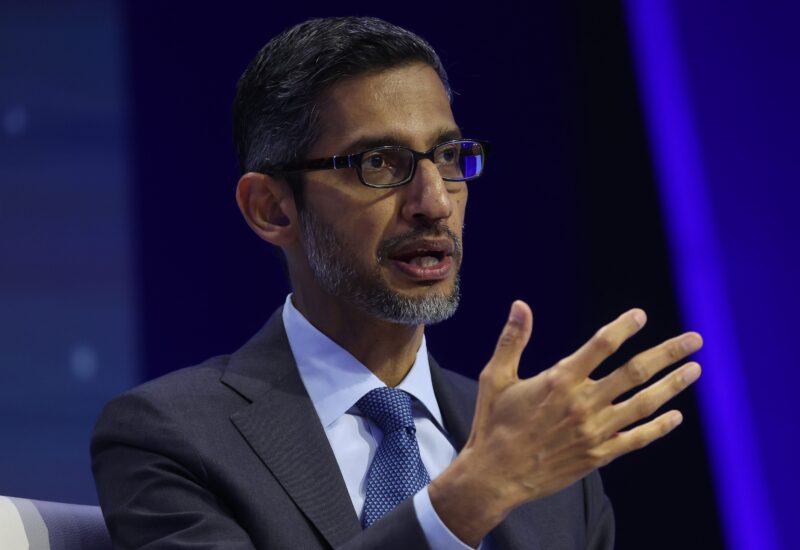LONDON – A survey of top businesses executives in Britain shows that the majority believe last year’s Brexit vote has already had a negative effect on their business.
An Ipsos Mori poll of senior executives at over 100 of the top 500 companies in the UK found that 58% believe their business is already suffering from the UK’s decision to leave the European Union. The annual “Captains of Industry” survey found that 31% say the Brexit vote has had no effect on their business and just 11% say it has had a positive impact.
66% of executives surveyed believe things will get worse for their companies over the next year, with only 13% expecting any improvement in conditions. 45% expect to see a negative impact in 5-year’s time, while 32% think things will have improved by then.
The findings come despite economic data that has repeatedly bested expectations since the EU referendum last June. Most recently, GDP growth in the fourth quarter of 2016 beat forecasts, coming in at 0.6% compared to an estimate of 0.5%, and the Bank of England rose growth forecasts for 2017 from 1.4% to 2%.
However, some big businesses have shown signs of pressure from the falling pound, which collapsed in the wake of the Brexit vote. Tesco last year got in a row with Unilever over the cost of Marmite stocked in its supermarkets, easyJet was hit by the rising cost to holiday makers, outsourcer Mitie said uncertainty meant contracts had slumped, and property firms such as British Land and Land Securities were pushed into the red by the fall in property values in the wake of the vote. These are just a handful of examples.
Ipsos Mori's survey found that business leaders' number one priority in Brexit negotiations is access to skilled labour and the movement of people, with 54% naming this as a top priority. This seemingly puts businesses at odds with the government, which has vowed to pursue a "Hard Brexit" and reign in immigration at the expense of single market access.
Other business priorities for Brexit negotiations include free trade and EU Single Market access, passporting rights, and tariff agreements. 96% of business leaders believe they can adapt to Brexit.
Ipsos Mori CEO Ben Page says in an emailed statement: "Unfortunately, it looks like business in this country is already feeling the pain of the economic upheaval of leaving the EU, with 58% of Captains of Industry stating that their business has suffered negatively since the referendum.
"According to respondents there is no sign that this is likely to ease this year, with two thirds saying they thought their business situation would get worse in the next 12 months."
Separately on Monday, the Confederation of British Industry (CBI) called for the Chancellor to "work in partnership with firms to prioritise stability" in the government's upcoming budget.
CBI, Britain's biggest business lobby, calls for funding for high-value technical education reforms for 16-18-year-olds, simplification of the R&D tax credits scheme, and reform of "outdated" business rates in the upcoming budget. CBI says reform of rates will help to lessen the burden of rising import costs on many businesses.
CBI chief economist Rain Newton-Smith says in an emailed release: "Prioritising stability will inject further confidence in the economy now, and help boost the country's productivity and prosperity for the future.
"While the economy has proved resilient, inflation is rising and growth is set to slow. As uncertainty around the manner of our EU exit dampens investment and higher inflation erodes consumer spending growth, the Government must show that it is serious about supporting companies to invest, to help our regions and nations prosper."
Philip Hammond will deliver his first full budget as Chancellor on March 8.











